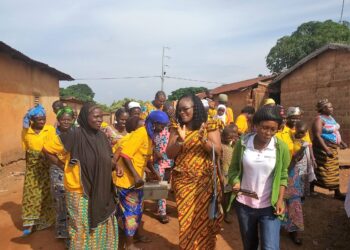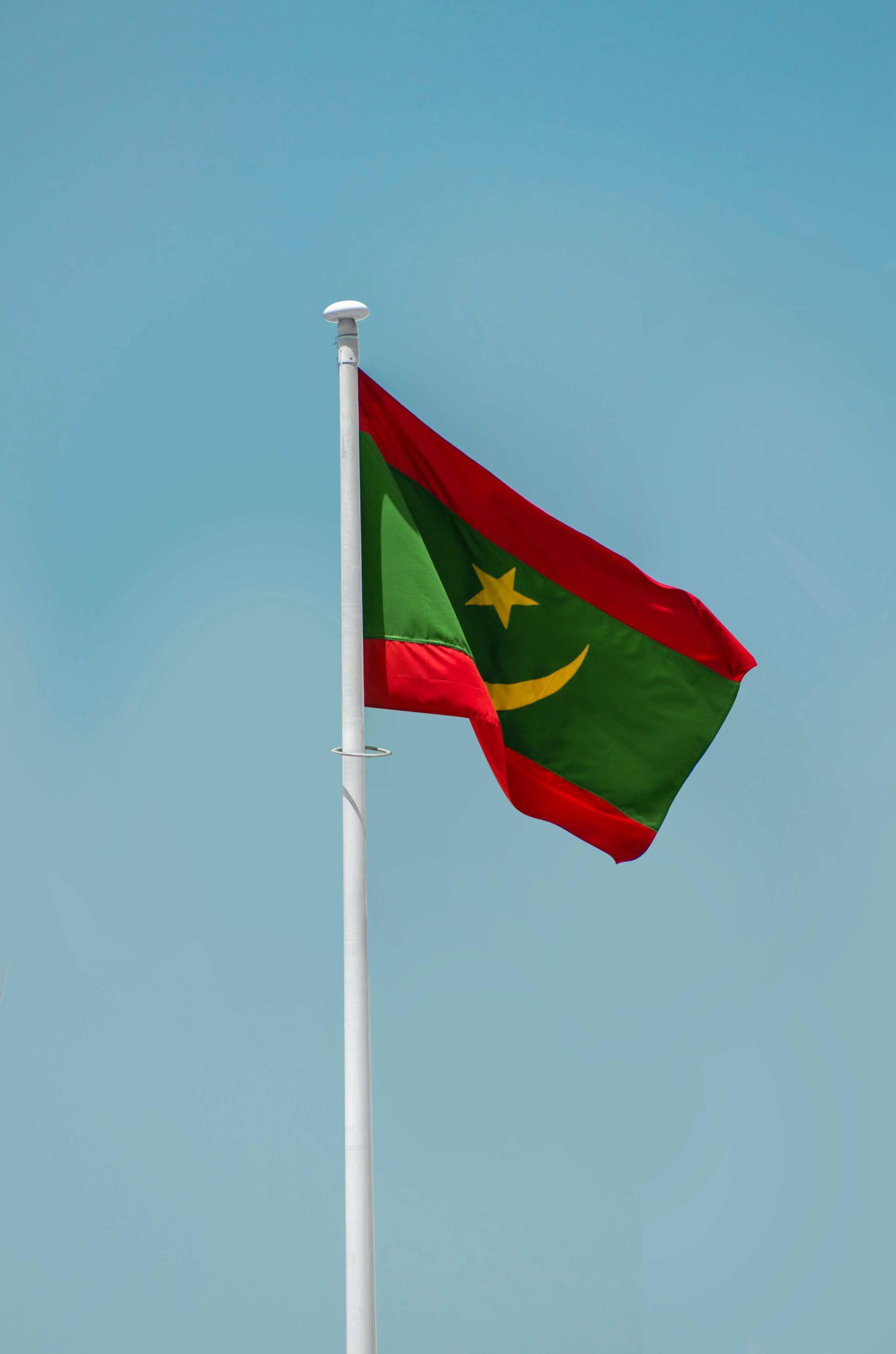Human Rights Day is a poignant and significant public holiday in South Africa, celebrated annually on the 21st of March. This day is not just a holiday but a stark reminder and recognition of the struggle faced by countless South Africans during the Apartheid era.
The Birth of Human Rights Day: Sharpeville Massacre
The 21st of March 1960 was a dark day in South Africa’s history. On this day, 69 people were killed and nearly 200 wounded when police opened fire on a peaceful protest in Sharpeville, a township near Johannesburg. The protestors were demonstrating against the discriminatory pass laws, which restricted the movement of black South Africans.
The Sharpeville Massacre, as it came to be known, drew international attention to the brutality of the Apartheid regime. In democratic South Africa, the date was later designated as Human Rights Day to honour those who fought for justice and equality.
A Day of Significance
Human Rights Day was officially introduced as a public holiday in 1995, following the end of Apartheid and the establishment of a democratic government. The day serves as a reminder of the sacrifices made by countless South Africans in the struggle for civil liberties and human dignity.
Moreover, it reflects on the progress made in ensuring that human rights are upheld and protected. It reminds citizens of the power of solidarity, courage, and activism in creating a just society.
A Constitution Built on Human Rights
A cornerstone of Human Rights Day is the South African Constitution, adopted in 1996, which enshrines the rights of all citizens. The Constitution is acclaimed for its commitment to social justice and human rights, including the right to equality, freedom of expression, and the right to a fair trial.
Celebrating Human Rights Day
Human Rights Day is celebrated with various activities across the nation:
Reflection and Remembrance
Many South Africans use this day to reflect on the past and consider the significance of human rights. Wreath-laying ceremonies and other commemorative events are held, particularly in Sharpeville, to honour those who lost their lives in 1960.
Public Addresses
Government officials, including the President, often deliver speeches on this day, addressing the importance of human rights and discussing the nation’s challenges and progress in this domain.
Educational Events
Schools and educational institutions often organise programmes and activities that educate young people on the history of Human Rights Day and its significance. This ensures that future generations are aware of the past and understand the value of human rights.
Cultural Celebrations
Cultural events, including concerts, plays, and exhibitions, are organised across the country. These events often use art to convey messages about human rights and the history of South Africa.
Social Initiatives
Many individuals and organisations use Human Rights Day as an opportunity to engage in social initiatives, such as community clean-ups, fundraising for charities, or awareness campaigns for contemporary human rights issues.
The Enduring Legacy of Human Rights Day
As we have seen, Human Rights Day in South Africa is not just a public holiday; it is a day of great historical and social significance. It serves as a reminder of a painful past but also as an inspiration for building a future based on equality, respect, and human dignity. The celebrations and commemorations on Human Rights Day are testament to a nation’s unwavering commitment to uphold the values that countless South Africans.
Image Credit: Priscilla Du Preez on Unsplash





